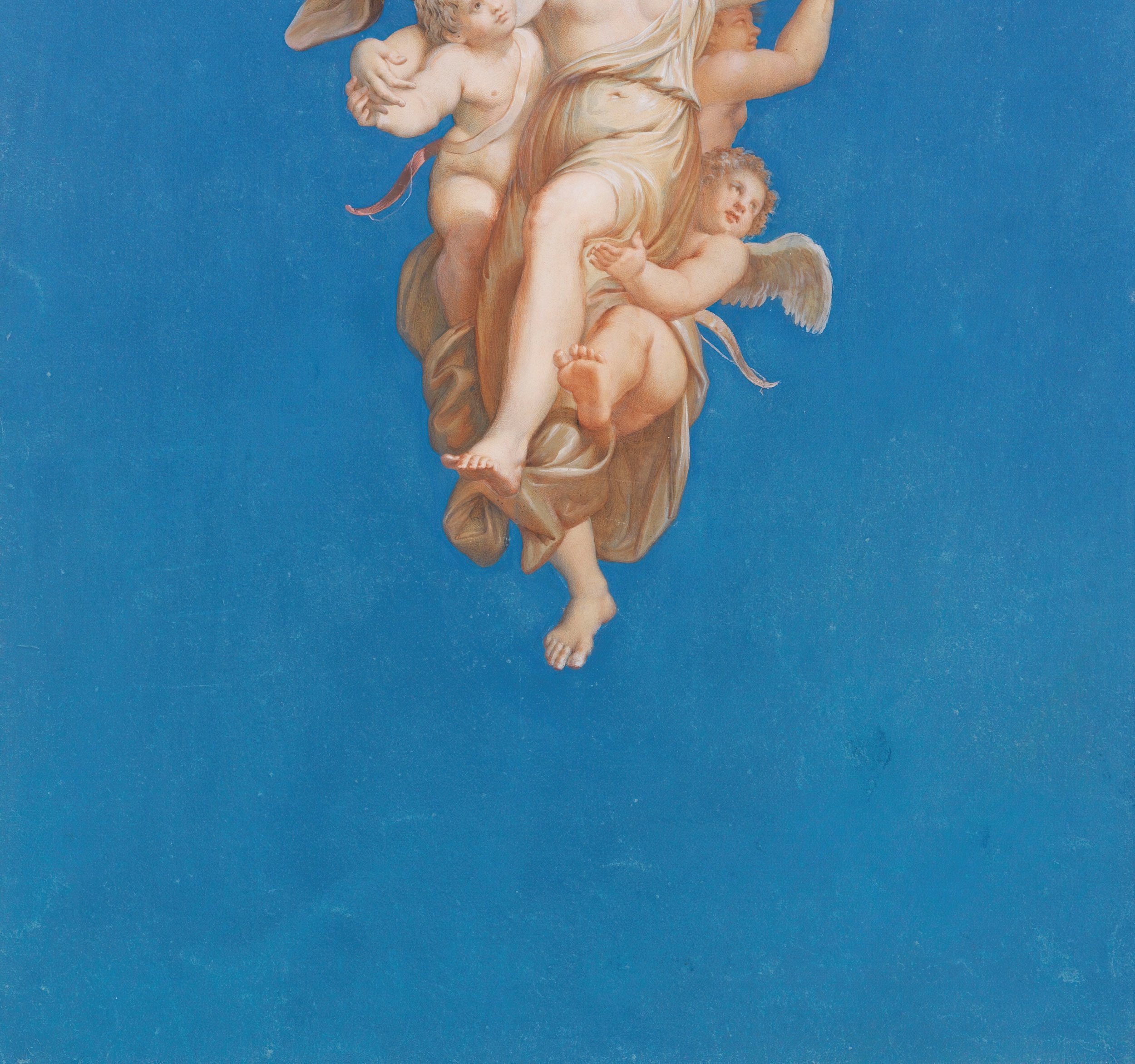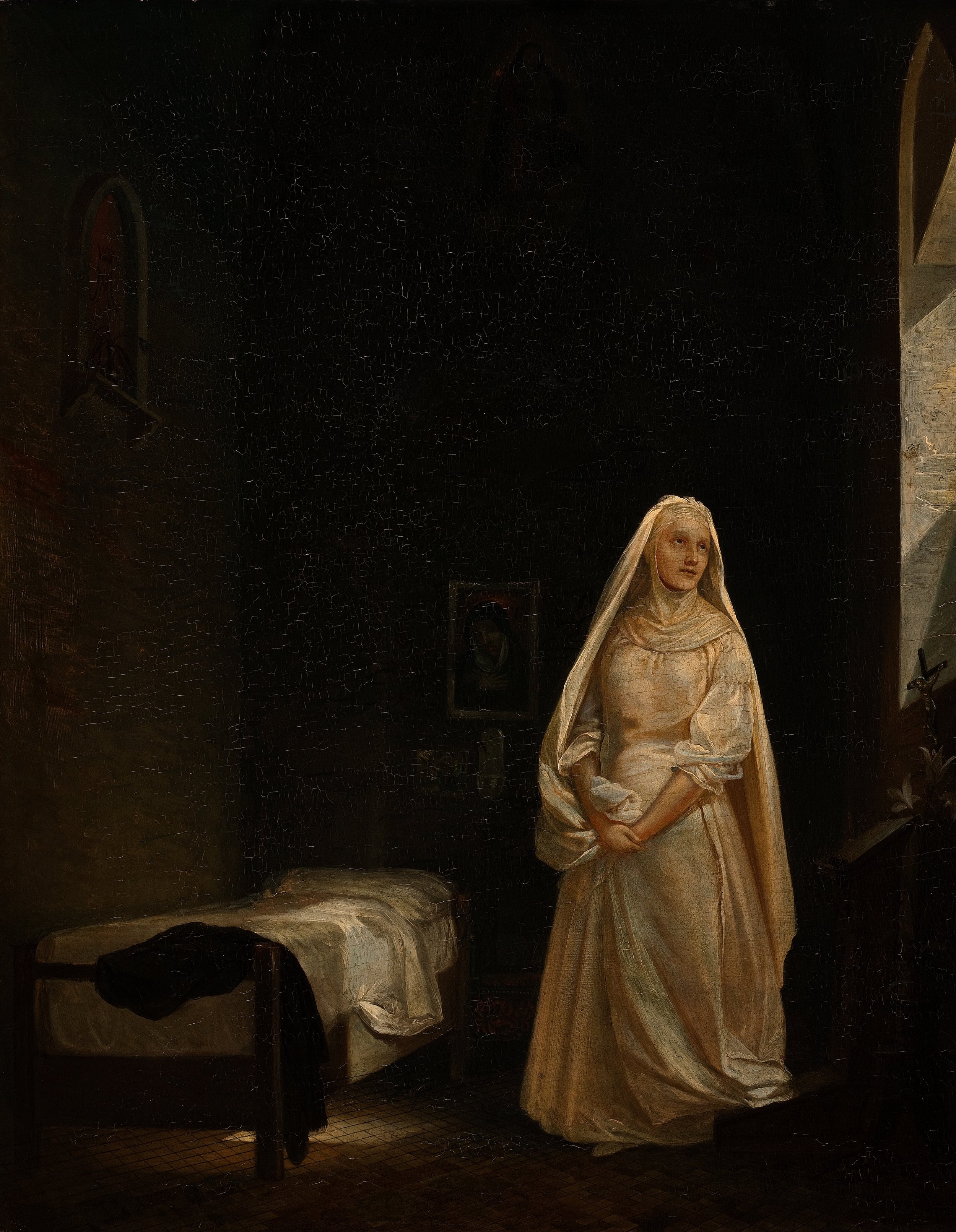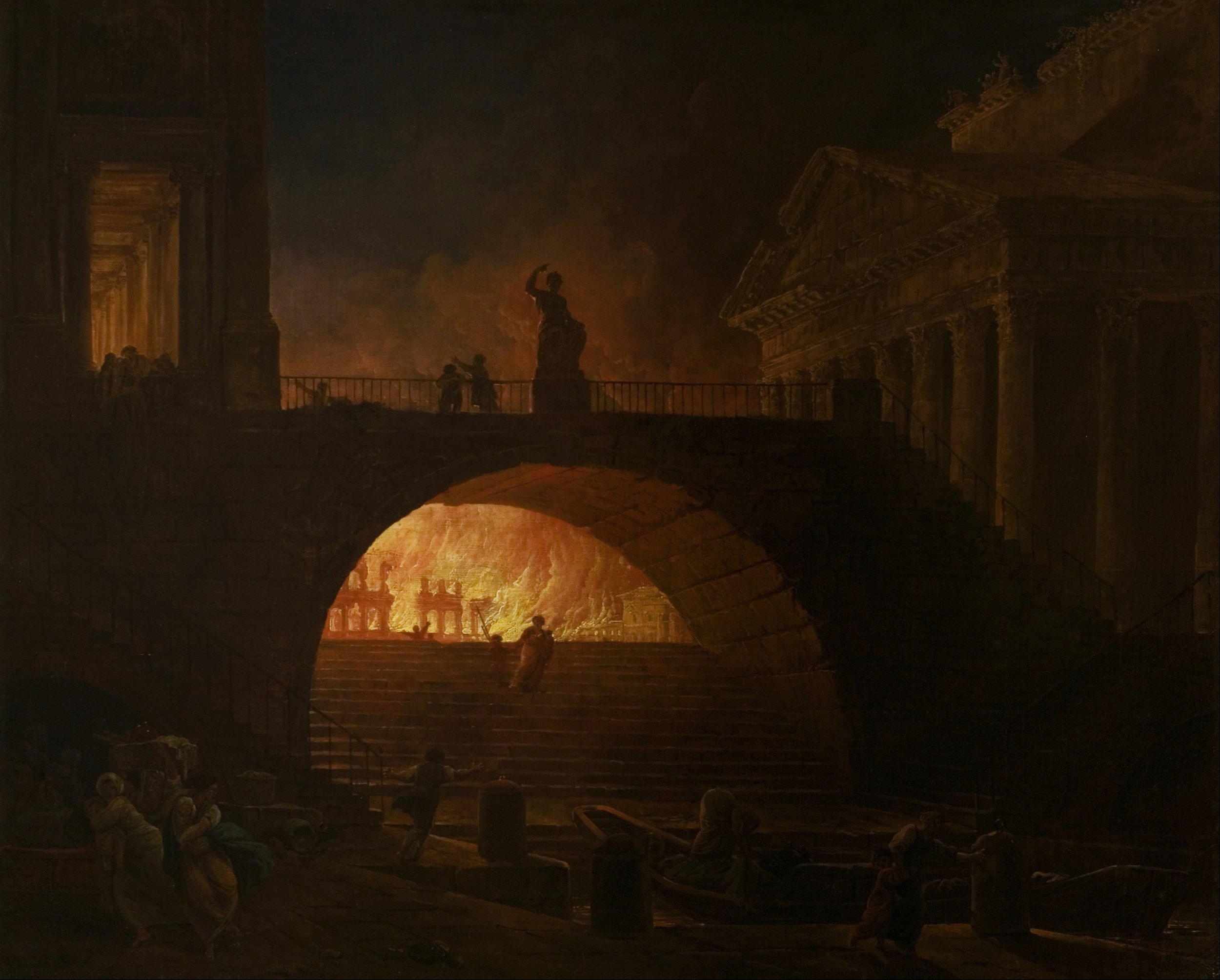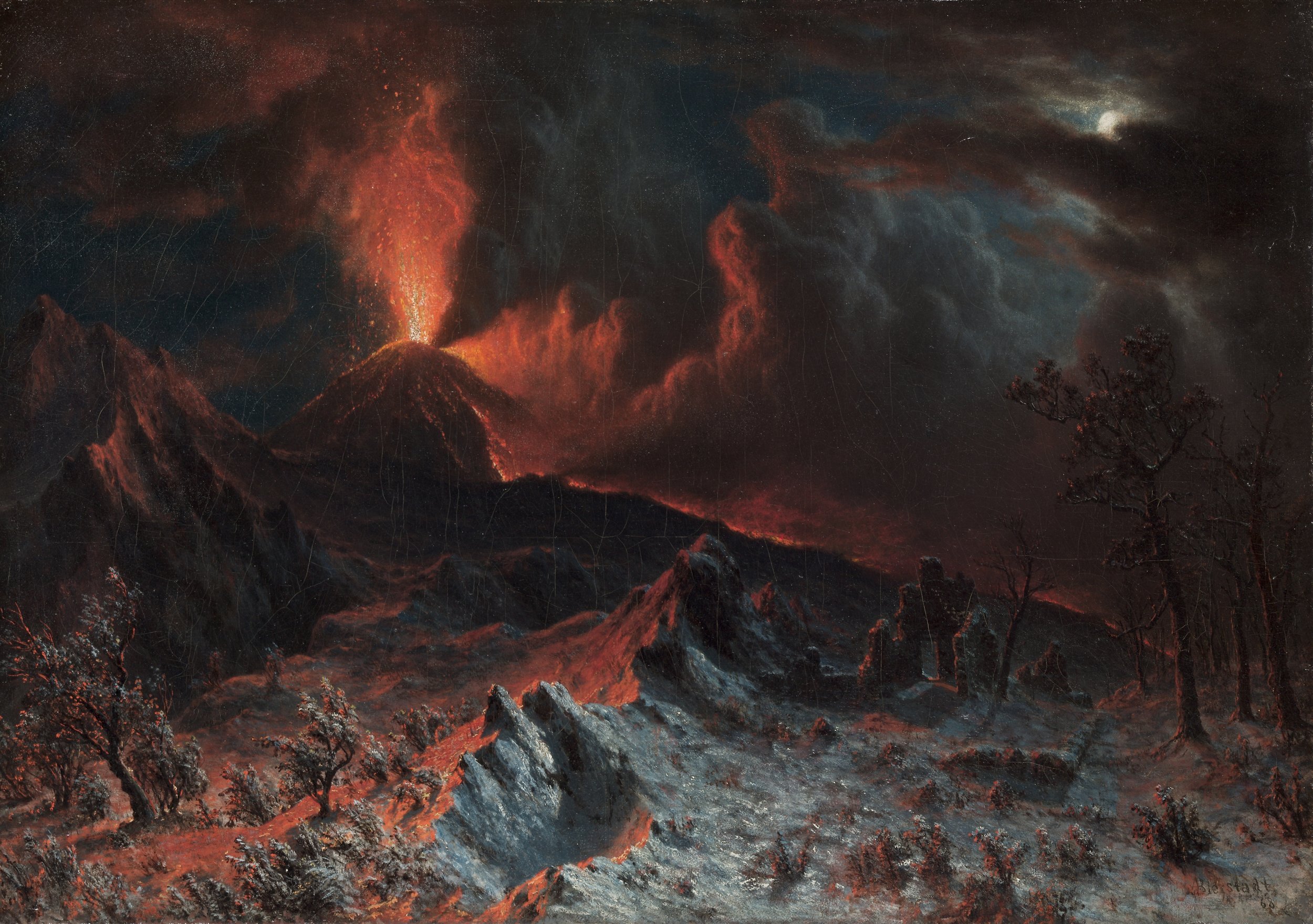Toward a Resurrection Aesthetic

Toward a Resurrection Aesthetic
Mischa Willett
On the Poetic Impulse to Begin Again
When my son Sebastian arrived at the age where one starts to tinker with video games, we fired up the original Super Mario Brothers: clunkier gameplay than I remembered, more monochromatic, but fun still. It was odd how my hand muscles remembered when the mushrooms would appear, how to do the roll-off move while holding down B to reach the flagpole at the end. I had every note of the two-bit music memorized. After a few minutes, my son wanted a turn, so I restarted it.
He practiced jumping, getting big, breaking some bricks with his head. And then he fell down one of those mine shafts they have everywhere and died. He started crying because his turn was over so fast. Sebastian is a zealot for fairness, so he handed the remote back to me.
“But you have another life,” I said. “Look at those hearts.”
The concept was lost on him. What did I mean by “another life”? It was funny to me, having grown up around video games. I guess I’ve always known that you get another ship or another guy or another whatever it is—you get another chance or two, even if you die in the gameplay. But my son had never heard of such a thing.
“Keep playing,” I coaxed.
*
The poems of Gerard Manley Hopkins have been important to me since I first read them as an undergraduate. They are, for most readers, startling both in terms of language and theology. But it wasn’t until this last winter, when I was teaching them in a course on Victorian literature at Seattle Pacific University, that something clicked in the final lines of one of his most famous poems.
I’ve had it memorized for 20 years, but while trying to explain its concision and majesty to students hearing it for the first time, the thing just bloomed. “God’s Grandeur” begins,
The world is charged with the grandeur of God.
It will flame out, like shining from shook foil;
It gathers to a greatness, like the ooze of oil
Crushed.
There’s a lot going on there about how the grandeur of God is a kind of electricity that animates life itself—that gives shocking power—but also about how his beauty and majesty is an accusation. J’accuse! There’s a charge leveled at us by the very nature of that beauty. We have to do something in response to it. As the poem goes on to describe, that charge involves both obedience and creation care.
I have to skip a lot, and a lot that’s good, because I want to talk about the final lines. After Hopkins describes the cost of humanity’s failure to respond appropriately to that grandeur—to “reck his rod”—he shifts, in the poem’s volta, to a stunning revelation: “for all this, nature is never spent; / There lives the dearest freshness deep down [in] things.”
How can this be?
In the poem, we’ve been accused of deafness, disobedience, of failure to sabbath, of allowing work and money to dominate our thinking, of being divorced from nature to the degree that our feet can’t even feel the ground anymore. We’ve been accused of stamping out all the wonder from the world in our march for progress, causing even the fairies’ departure from the once-charmed Irish soil as “the last lights off the black West went.” We’ve been charged with bringing darkness, night to everything, and rightly so.
How does nature keep putting up with these abuses? How does it keep springing back from the brink? How does morning somehow keep coming over the “brown brink” of a smoggy horizon?
Well, says the poem, “the Holy Ghost over the bent / World broods” with “bright wings.” It says it so plainly, and with that little interjection—“ah!”—it claims that the Spirit is discernible in such a gentle but still cataclysmic way that I just left it at that for all those years. I failed to think deeply enough about the poem to answer my questions about it, questions about the nature of existence, and, as we’ll soon see, about poetry.
Hopkins showed me how the world regenerates because it is tended and kept warm by a loving God who shelters and protects it like a brooding bird. But why would the cycle of seasons eventuate from that tending? Why regeneration? Why doesn’t death actually end things the way you’d expect it to?
I found the answer in a book by poet-priest Rowan Williams called Christ, the Heart of Creation. If I were cleverer, I suppose I could have found the answer in my Bible, where we are told, “[Christ] is the image of the invisible God, the firstborn of all creation” (Col. 1:15). Ah! I thought, standing there in front of the class. I had failed to think outside the bounds of the poem.
A bird broods over eggs. And what’s inside an egg? Blind life, stirring toward its birth day. But Christ has already cracked the shell! He’s the firstborn of all creation! He’s the heart of creation itself, which means that at the center of not only the cosmos but of life, in each particular instantiation, is something like a resurrection principle.
Renewal is baked into everything, because he in whom the fullness of God was pleased to dwell is “reconciling . . . all things on earth” (v. 20). This obviously has implications for the world, for our care of it, for our duty toward it and each other. But I want to think more about another consequence of this truth.
Put plainly, the fact that the resurrected Christ is the heart of creation has implications for poetry, and thereby for all other art-making as well. Without wandering too far into theological debates, I want to suggest that our greatest poets have already borrowed the notion of a life that is more than life and a death that is somehow not a death. Through what I will call a “drive to failure,” poets have learned how to trigger such a “death.” Failure, for the artist over whom the Holy Ghost broods, is not failure, just as death is not death, since both have been conquered, renewed at the cellular level, by the recuperative agency of the Godhead.
Many critics know that the Romantic poets were failures—either at life, in the revolutions they envisioned, or in their poems. Immensely talented, sure, possibly the best poets the English language has produced, but failures still. The critic Marjorie Perloff refer to their “poetics of indeterminacy,” pointing to work that is either structurally or thematically irresolute. Others write about the failure of all synthetic narratives, “historicist, dialectical, and psychoanalytic,” which “have seen their truth values turn imaginary.” Still others write about biographical or psychological failures or about fragments: the failures of finishing certain poems. But scholars tend not to explain these failures under the aegis of the performative.
I argue that these failures are not accidental but authorized. They serve as formalistic displays of defeat that discourse on, and often transcend, poetic limits, taking the work into an imaginary space—some heaven, some new earth?—beyond the author’s rendering. This drive to failure is a formal strategy that emphasizes not merely the materiality of language but its inadequacy, which, for an artist working with words, sounds like defeat. But somehow it isn’t.
An outline of the general progress of the drive to failure goes like this: Artwork moves from (1) an objective to (2) the attempt at its fulfillment, (3) the failure to meet stated objectives, (4) the recognition of the value in that failure, and (5) an aesthetic resurrection. Here, the poet realizes he has attained a better transcendence than that of which he originally conceived. By pushing a concept too far and either forcing or mimicking a cognitive, syntactic, or formalistic failure, the Romantic poetics short-circuit success, dying to a kind of self and mandating a recuperative launch.
Christ’s final defeat of death through his bodily resurrection is what makes possible these poetic-praxical structures. Specifically, the ontological fact of a death-which-is-not-death launches a conceptual space to rethink failure—aesthetic and otherwise—because it suggests a narrative encasement for loss, a metaphysic in which any defeat, however total, may at some point recover.
As an example, let’s consider William Wordsworth’s The Prelude, which is itself an affirmation of imaginative power in the face of failure to write his larger poem, The Recluse. In that, of course, it is a kind of success. It demonstrates (if not completely for Wordsworth, at least for us, his readers) his faculties for such an undertaking in the first place, however atrophied or underdeveloped they may have been at that point.
The poem’s resurrection aesthetic plays out at the level of the line and of the project. Whereas Wordsworth says his “errand” in The Prelude was to “sail to other coasts” (11.56), to transcend, he ultimately could not stand the task: “I could no more / trust the elevation which had made me one” (11.60–61). He fails, confessing, “Thus strangely did I . . . cut off my heart / from all the sources of her former strength” (11.74; 77–78). He then realizes the absence is a pregnant one: “and hence an emptiness / fell on the historian’s page, and even on that / of poets.” And with that failure, he writes, “Their empire pass’d away” (11.90–93). A stone had been rolled over the gaping face of his great project.
Next, the poet asks, “What then remained in such eclipse?” (11.96). It’s a question all poets engaging the technique of the drive to failure want to know. The answer is that the loss is ultimately a means. In Wordsworth’s case, “what remained” was the very transcendence he was originally after: “the laws of things which lie / beyond the reach of human will or power” (11.97–98). Then he sums up the enterprise: “these left, the soul of youth must needs be rich” (11.101).
So he has “sailed to other coasts” after all. The Prelude is indeed a prelude to an adventure that never quite materialized, an in that, was a record of failure; but it is also ultimately a triumph. At the end of all that exhaustion, transcendence is achieved when the poet is defeated and bereft of strength.
Better still, this realization can’t fail again, since it has conquered failure by passing through it to transcendence, rather than going around and avoiding it. Once dead, it is now alive forever. The poet outlines this in an understandable tone of triumph:
Whatever else be lost, and these were mine.
Not a deaf echo, merely, of the thought
Bewilder’d recollections, solitary,
But living sounds. Yet in despite of this,
This feeling, which howe’er impaired or damp’d,
Yet having been once born can never die. (11.102–107)
Wordsworth is an interesting writer and an even more interesting theologian in several of his poems. But I am not trying to make more of his religious thought than is there. Rather, I am suggesting that the shape of his poem’s victories and defeats, the route it takes to transcendence, is possible because of Christian theology. Poetry contains, going back to Hopkins, the “dearest freshness deep down things.”
*
I gave the controller back to my son, and Sebastian played with more abandon and with greater joy. He didn’t have to be quite so careful with his one life. There’s more where that came from!
He’s still working out the implications, as am I, of a death-which-is-not-death, trying to understand whether it applies only to games (video or poetic) or to everything. The other day, when he was upset about ice cream, for example, he yelled, “You’re breaking all three of my hearts!”
It took me a second to understand what he meant: Does he really think he has three hearts like a cow has four stomachs, or does he think he gets three lives like Mario, and they’re all on the line in this ice cream debate? I can’t wait till he hears about the most loving cheat code I know that starts up, up, and grants to anyone who knows it—ah!—life unlimited.
Mischa Willet
Professor & Poet
Mischa is a Professor of English at Arizona Christian University. Author of two books of poetry: The Elegy Beta and Phases.
ainting by Erwin Speckter




